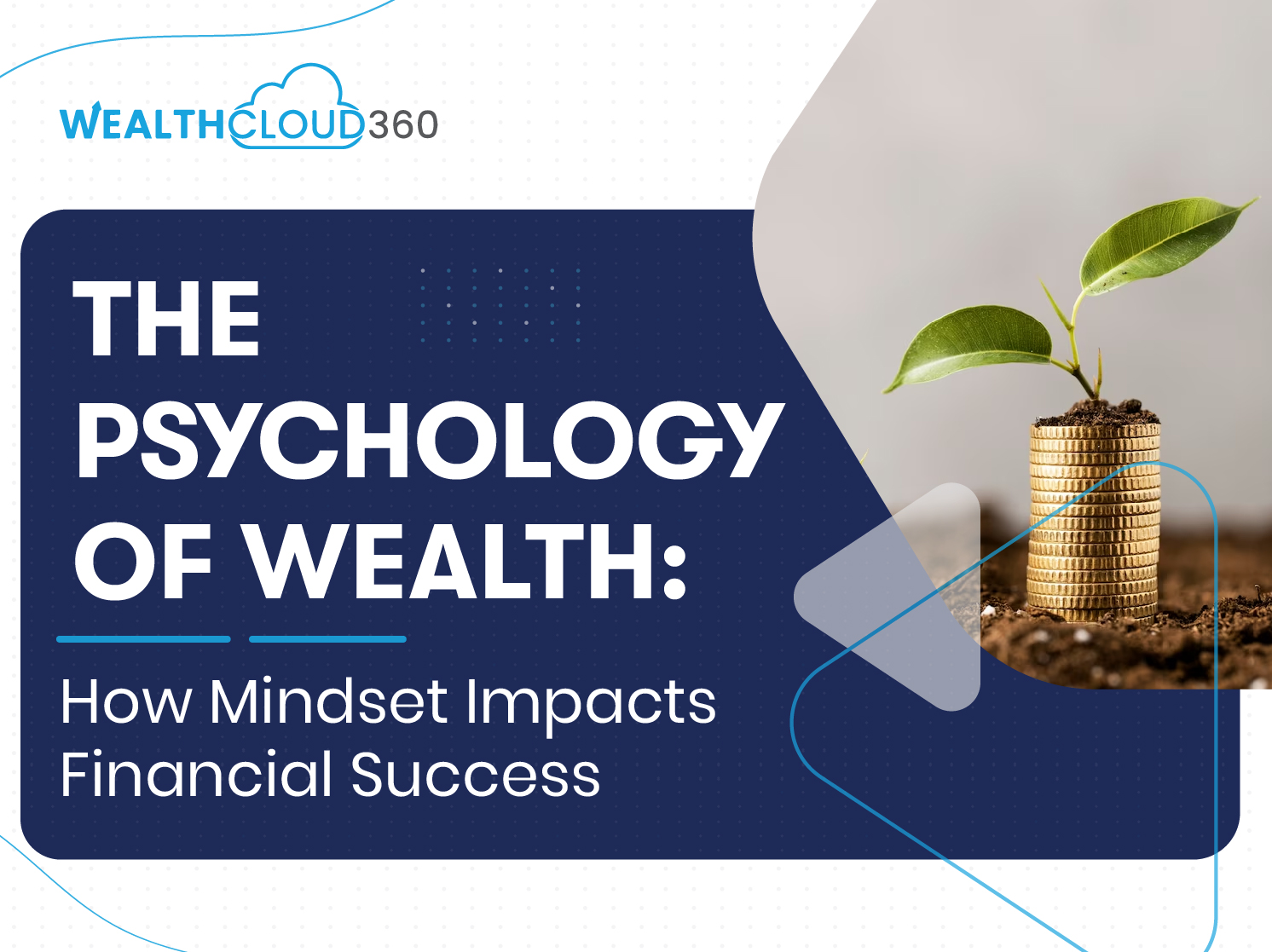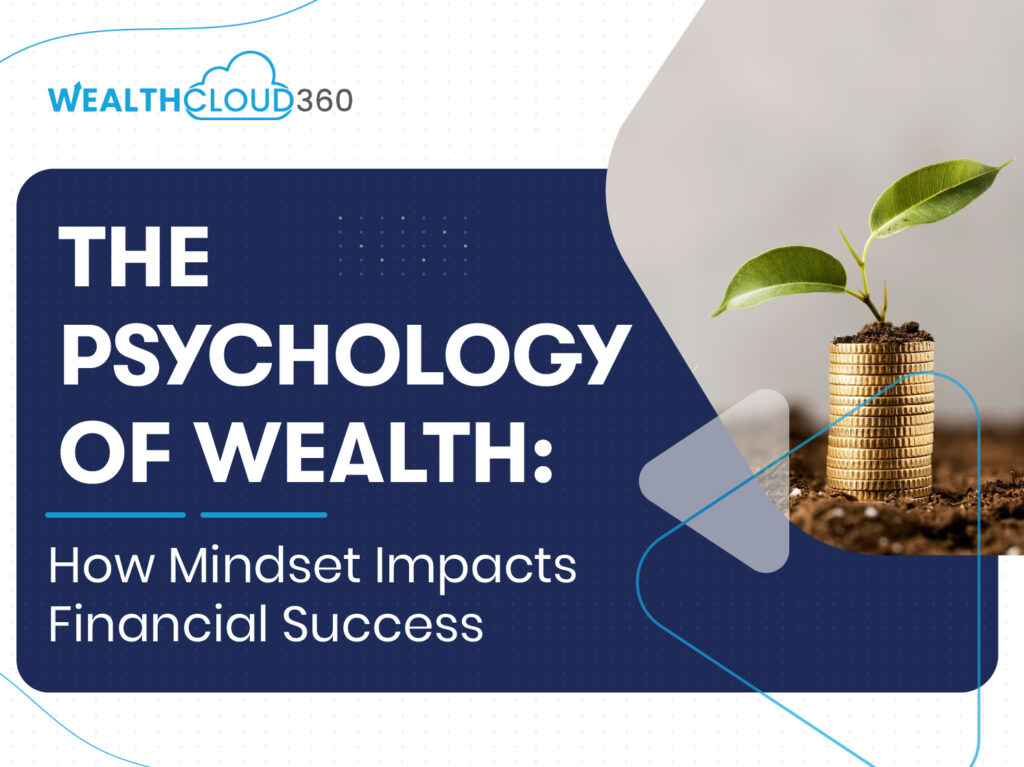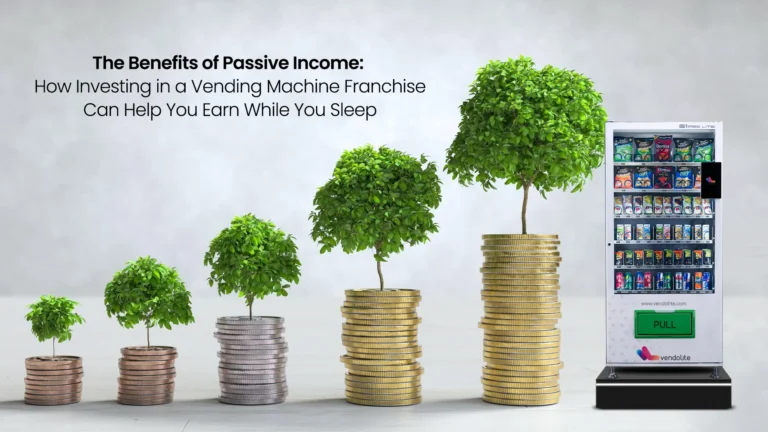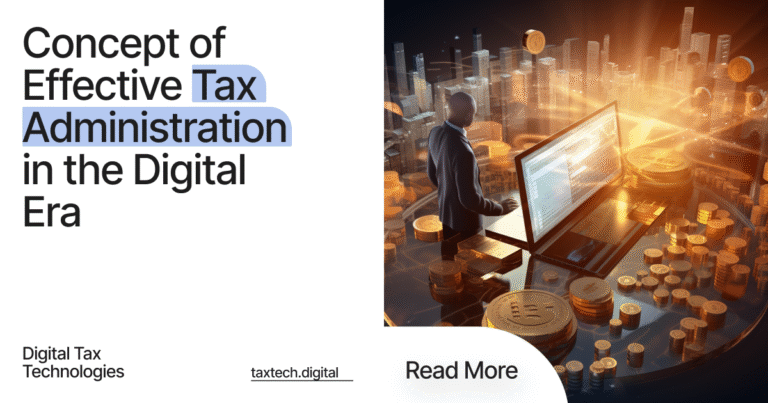
Introduction
Wealth isn’t just about numbers in a bank account—it’s deeply intertwined with how we think, feel, and approach money. The psychology of earning explores how our mindset shapes our financial outcomes, from the habits we form to the risks we take. Whether you’re an entrepreneur, a freelancer, or climbing the corporate ladder, your beliefs about money can either propel you toward prosperity or hold you back. In this article, we’ll dive into the key psychological factors that influence earning potential, backed by research and real-world insights, and provide actionable steps to cultivate a wealth-building mindset.
The Role of Mindset in Financial Success

What Is a Money Mindset?
Your money mindset is the collection of beliefs, attitudes, and emotions you hold about wealth and earning. It’s shaped by upbringing, culture, experiences, and even societal narratives. According to a 2023 study by the University of Cambridge, individuals with a positive money mindset—those who view wealth as achievable and within their control—are 30% more likely to take proactive steps toward financial growth, such as investing or starting a business.
Fixed vs. Growth Mindset
Psychologist Carol Dweck’s concept of fixed and growth mindsets applies directly to earning. A fixed mindset assumes your financial abilities are static: “I’m not good with money” or “I’ll never be rich.” A growth mindset, on the other hand, embraces learning and opportunity: “I can improve my financial skills” or “Challenges are chances to grow.” Bloggers and entrepreneurs with a growth mindset are more likely to experiment with monetization strategies, like affiliate marketing or digital products, and persist through setbacks.
Scarcity vs. Abundance Thinking
A scarcity mindset—fearing there’s never enough money—can lead to short-term decisions, like avoiding investments or underselling your services. In contrast, an abundance mindset sees opportunities everywhere, encouraging risk-taking and long-term planning. For example, a blogger with an abundance mindset might invest in premium tools like SEO plugins or professional web hosting to scale their site, while a scarcity-driven blogger might stick to free platforms, limiting their earning potential.
Psychological Barriers to Earning More
Fear of Failure
Fear of failure can paralyze earning potential. A 2024 survey by Financial Psychology Institute found that 62% of aspiring entrepreneurs delayed launching ventures due to fear of financial loss. This fear often manifests as perfectionism or procrastination, preventing bloggers from publishing content or pitching to sponsors.
Impostor Syndrome
Impostor syndrome—the belief that you’re not qualified or deserving of success—can sabotage wealth-building. Bloggers might hesitate to charge premium rates for sponsored posts or avoid high-value niches, thinking, “Who am I to compete with experts?” Overcoming this requires reframing your expertise and focusing on the value you provide.
Money Guilt
Some people associate wealth with greed or moral compromise, a belief often rooted in childhood or cultural conditioning. This guilt can lead to self-sabotage, like underpricing services or avoiding monetization altogether. Recognizing that earning money can align with ethical goals (e.g., supporting a cause through blog revenue) helps dismantle this barrier.
Strategies to Cultivate a Wealth-Building Mindset
1. Reframe Your Relationship with Money

Start by examining your beliefs. Journal prompts like “What did my family teach me about money?” or “What does wealth mean to me?” can uncover limiting beliefs. Replace negative thoughts with affirmations like “Money is a tool for creating opportunities” to shift toward an abundance mindset.
2. Set Clear Financial Goals
Specific, measurable goals anchor your efforts. Instead of “I want to make money blogging,” aim for “I’ll earn $1,000/month through affiliate marketing by Q2 2026.” Break goals into actionable steps, like researching high-paying affiliate programs or optimizing posts for SEO.
3. Embrace Risk and Failure
Wealth often requires calculated risks. For bloggers, this might mean investing in a premium WordPress theme or experimenting with paid ads. Treat failures as learning opportunities—analyze what went wrong, adjust, and try again. A 2025 case study on successful bloggers showed that those who tested multiple monetization strategies (e.g., ads, courses, memberships) earned 40% more than those who stuck to one method.
4. Surround Yourself with Positive Influences
Your environment shapes your mindset. Follow successful bloggers on platforms like X, join communities like ProBlogger, and read books like Think and Grow Rich by Napoleon Hill. These expose you to wealth-building strategies and reinforce a growth-oriented outlook.
5. Practice Gratitude and Visualization
Gratitude reduces scarcity thinking by focusing on what you have. Each day, list three things you’re grateful for in your financial journey, like a new subscriber or a small affiliate payout. Visualization—picturing yourself achieving financial goals—also primes your brain for success. Athletes use this technique to boost performance, and bloggers can use it to stay motivated.
Real-World Examples
- Pat Flynn (Smart Passive Income): Flynn transformed his mindset from “I’m just an employee” to “I can build passive income streams.” By embracing affiliate marketing and online courses, he grew his blog into a multimillion-dollar business.
- Anjali Jariwala (Financial Planner): Jariwala overcame money guilt by aligning her blog’s revenue with her mission to educate others about financial literacy, proving that wealth and purpose can coexist.
Conclusion
Your mindset is the foundation of your earning potential. By shifting from scarcity to abundance, embracing risks, and dismantling psychological barriers, you can unlock new paths to wealth. For bloggers, this means choosing platforms like WordPress.org for flexibility, experimenting with monetization strategies, and consistently investing in growth. Start small—reframe one limiting belief today, set a clear goal, or take a calculated risk. Over time, these mindset shifts can turn your blog into a powerful wealth-building tool.
Call to Action: Reflect on your money mindset. What’s one belief holding you back, and how can you reframe it? Share your thoughts in the comments or start implementing one strategy from this article today to boost your earning potential.






